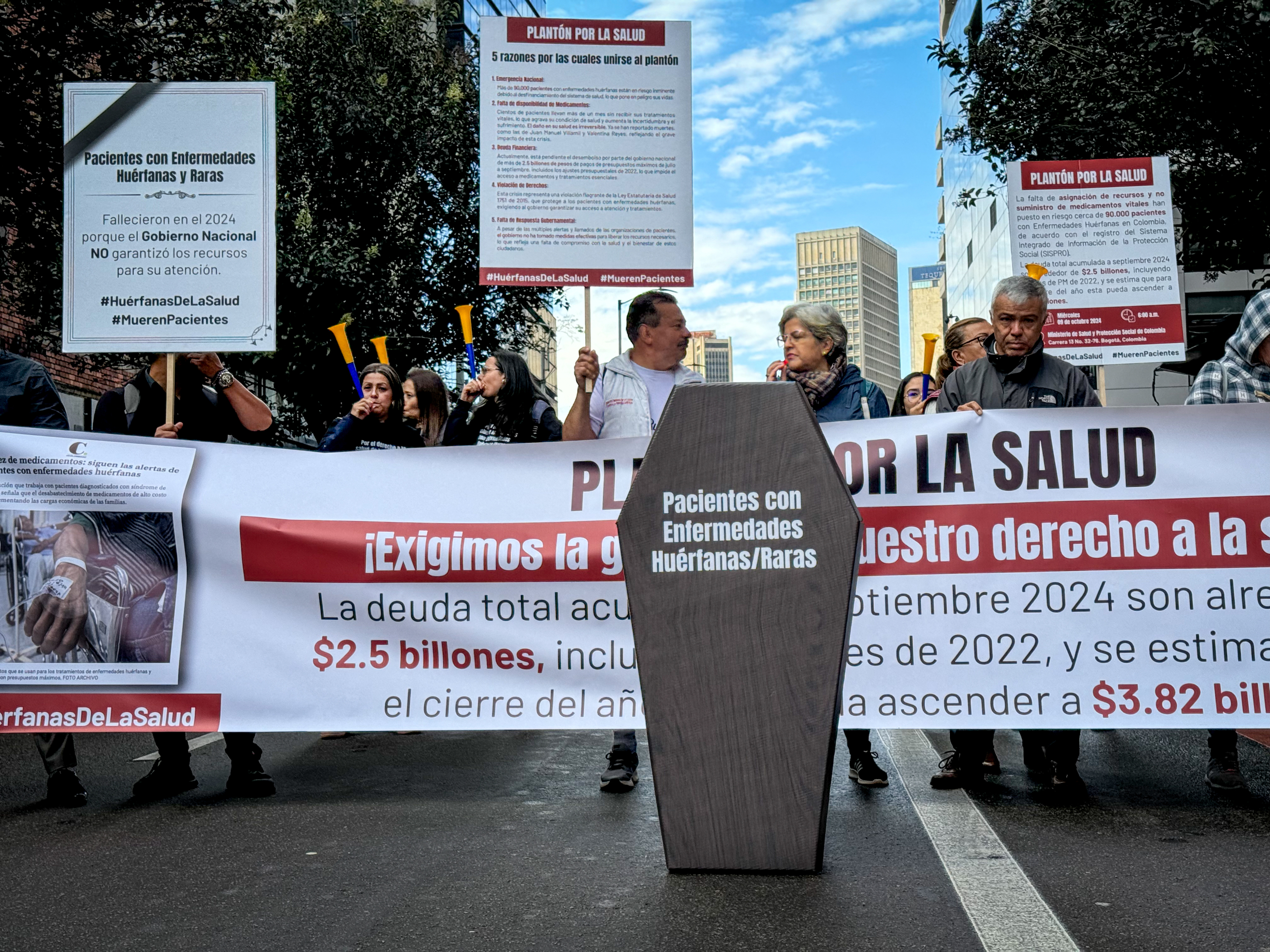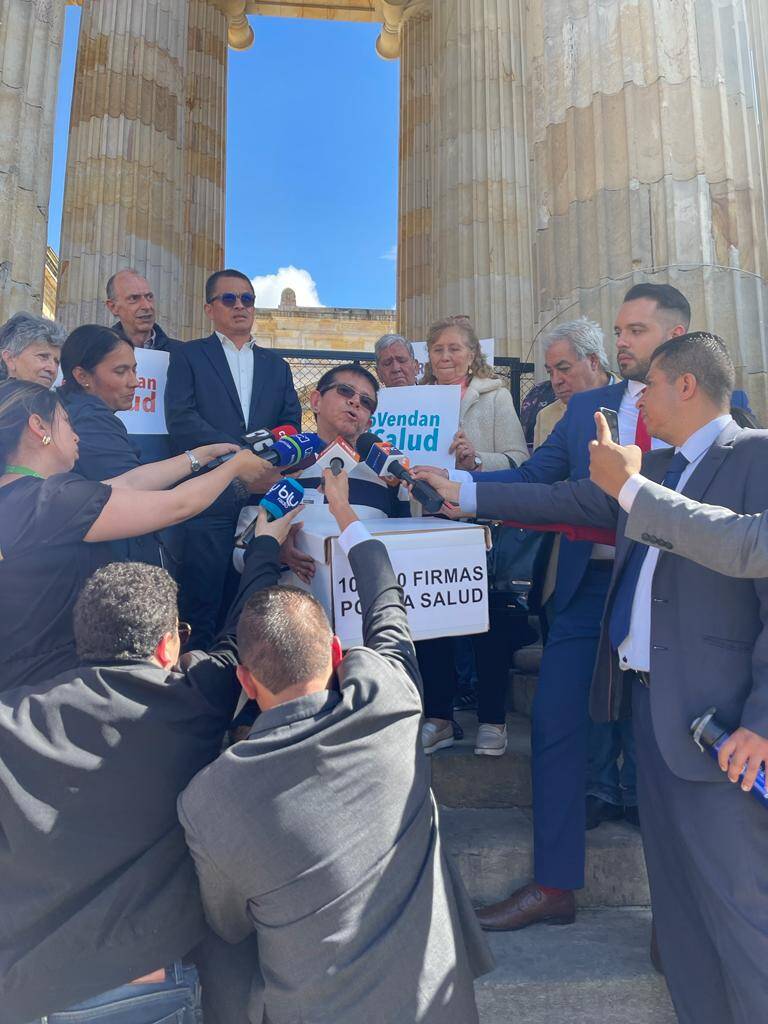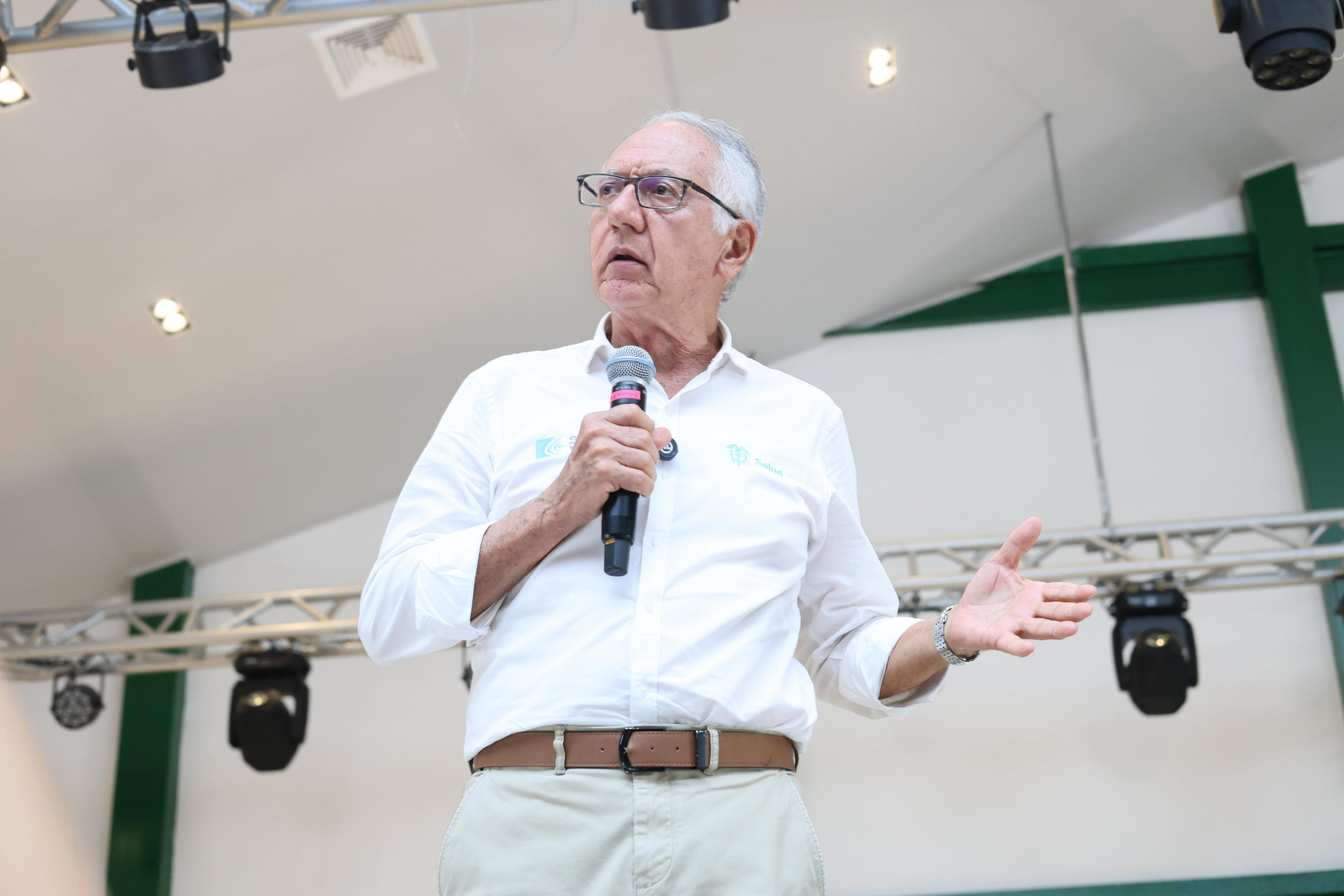The government cannot change healthcare by decree: patients demand respect for the law in response to Ministry of Health decisions.

The Pacientes Colombia organization, which brings together 200 patient associations nationwide representing civil society, expressed in a letter its "deep concern and rejection" of the draft decree with which the national government would seek to modify the aspects of insurance regulated in Decree 780 of 2016 and Law 100 of 1993, through the establishment of the "Preventive, Predictive and Resolutive Health Model." This model proposes changes similar to those in the health reform that is still under discussion and in the legislative process in the Congress of the Republic.
According to the civil society organization, this draft decree from the Ministry of Health, far from resolving the structural crisis of the health system, would create new barriers for patients, especially those living with chronic, high-cost, or rare diseases or those living in remote areas of the country.

Patients have raised their voices in various settings in response to the healthcare financial crisis. Photo: MAURICIO MORENO, EL TIEMPO
“The proposed text structurally changes the healthcare model through administrative means, without legislative deliberation or political oversight, and ignoring the jurisdiction of Congress and the orders of the Constitutional Court in Auto 007 of 2025. Doesn't this constitute a soft blow to Congress when the governing parties are calling public hearings to debate the healthcare reform? Furthermore, it eliminates the current functions of insurers without defining who will bear the financial risk, which jeopardizes the continuity of treatment and services for millions of patients. These actions do not solve structural problems, such as the hospital backlog, debts with health care providers, the crisis of access to medicines, and service closures due to lack of resources and personnel, ” said Denis Silva, spokesperson for Pacientes Colombia.

Denis Silva, spokesperson for Pacientes Colombia. Photo: Private Archive
Patient organizations submitted their comments to the Ministry of Health and Social Protection, calling on the government to "refrain from issuing an illegal decree proposing changes to the allocation of the UPC," which, they warn, would violate Statutory Law 1751 of 2015 and recent rulings by the Constitutional Court.
According to the patient organization, the draft resolution also fails to define clear sources of funding for the implementation of integrated networks, the role of Primary Health Care Centers (CAPS), infrastructure, human talent, or information systems, which would exacerbate the sector's financial crisis. Furthermore, it does not guarantee, in its view, the formalization and stability of health personnel, which will affect the capacity to provide care in rural and marginalized areas of the country.

Health Minister Guillermo Alfonso Jaramillo. Photo: Ministry of Health
These measures translate, according to Pacientes Colombia, into the existence of two healthcare models: one for the intervened EPSs and another for those that are not, which would increase the fragmentation of the healthcare system and the crisis of access, opportunity, and coverage that patients currently suffer.
“As patient organizations, we reiterate that any reform of the health system must include the meaningful participation of civil society, respect the constitutional and legal framework, and prioritize effective access, quality, and the sustainability of the system. We ask the national government and the Ministry to refrain from issuing this decree and instead convene a broad, democratic, and transparent dialogue with all stakeholders in the system, including patients, to develop substantive solutions that guarantee the fundamental right to health of all Colombians ,” Silva concluded.
Environment and Health Journalist
eltiempo




